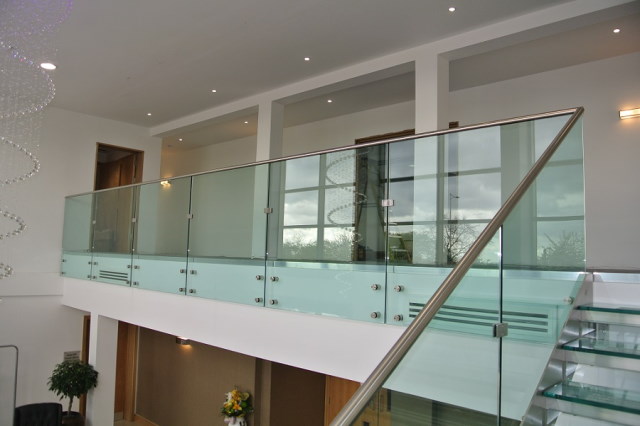As Australia, and the world as a whole, moves towards a more sustainable future, many businesses are considering solar energy as a viable option for powering their operations and are therefore installing a solar system to generate electricity for them. Whilst there are certainly environmental benefits to making the switch to solar, it is also important for businesses to consider the financial factors that apply to such a move which we will explore in some detail in this blog post.
Upfront Costs
Firstly, businesses need to consider the upfront costs associated with installing a solar energy system. Whilst the cost of solar panels has come down significantly in recent years, the initial investment required can still be substantial, especially for larger businesses that operate within large commercial premises. Some incentives may apply, and special commercial loans specifically for environmental projects might be available.
Your Location
If you are considering solar panels, the location of your business is another important factor to consider when evaluating the financial feasibility of proceeding. In general, if you are located in an area with higher levels of sunlight it will generate more solar power, making solar more cost-effective. However, factors such as shading from nearby buildings or trees can also impact the amount of solar power your system can generate.
Energy Consumption
To get a sense of whether a solar energy system is financially feasible for your business, you will need to consider your current energy consumption. This includes not only your current energy usage but also any expected changes in the near future. One point to consider is whether the amount of electricity your business uses is significant enough to create bills that are large enough so the savings realised from solar energy would justify the cost of having a solar system installed.
Also, a solar energy system that is too small for your business’s needs will not provide enough energy to be cost-effective, while a system that is too large could end up costing more than you are saving, even over a long period. This is why you must take advice from a reputable and professional solar energy system installation company before proceeding, to ensure that the system installed for your business is the most appropriate for its needs.
Long-Term Savings
One of the most important factors for consideration is that a solar energy system installation can save your business a significant amount in energy bills over time. By generating your own electricity through solar power, you can reduce or even eliminate your business’s electricity bills resulting in significant cost savings which should directly increase your business’s profits. You can light up your backyard throughout the evening without using any additional energy.
What needs to be assessed as best it can be is the level of those savings as a monetary amount. The previous section which focused on energy consumption will play a part in this as the amount of electricity you use will reflect the potential savings you can make.
Increased Revenue
Much of what is written and talked about when solar installations are being considered for a business is how much it will save on its bills, and rightly so because this is a major reason to proceed. However, having a solar energy system is also a means of generating increased revenue, which will also increase profits.
The way this is achieved is by ensuring that you get the word out via marketing, for example, about your business’s green credentials. You will be amazed at how many consumers (and the number is increasing) make their decisions about which businesses they wish to become a client or customer of based upon that company’s green credentials. Having solar panels on the outside of your business premises is one way to prove your green credentials.
Commercial Property Revenue
By revenue, we mean either the amount received if you own and sell your current business property to relocate to another, or the rent you receive should you relocate but not sell your current property. Whichever applies, the amount will be higher as a direct result of the property having a solar energy system installed.
Maintenance Costs
Finally, you should also consider the ongoing maintenance costs associated with your solar energy system. Thankfully, solar panels do not need much maintenance, but they do need to be regularly inspected and cleaned periodically to maintain their optimal performance. This can add additional costs to the overall financial feasibility of a solar energy system albeit this can also save you money by reducing repair and replacement costs and ensuring your solar panels operate efficiently.




